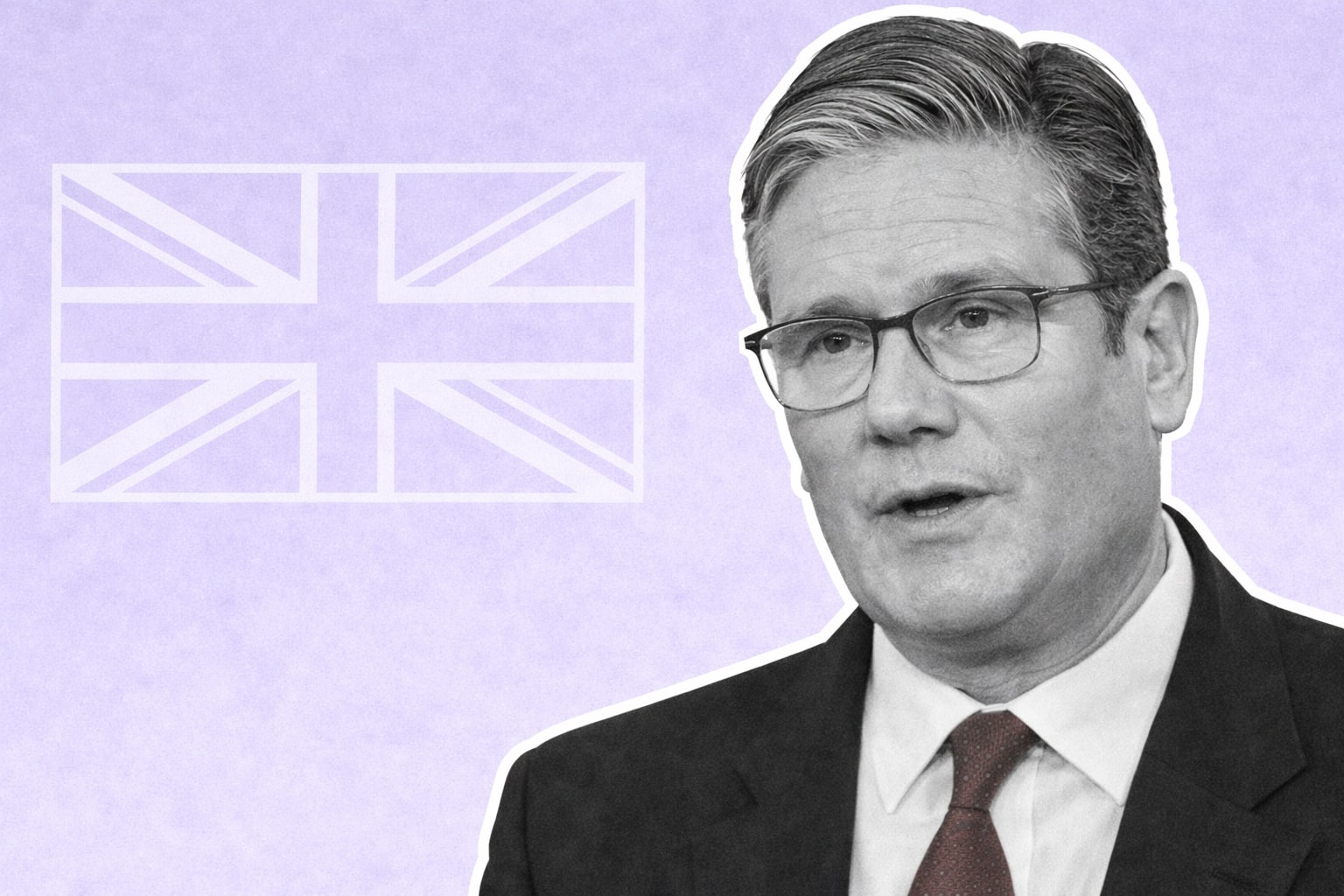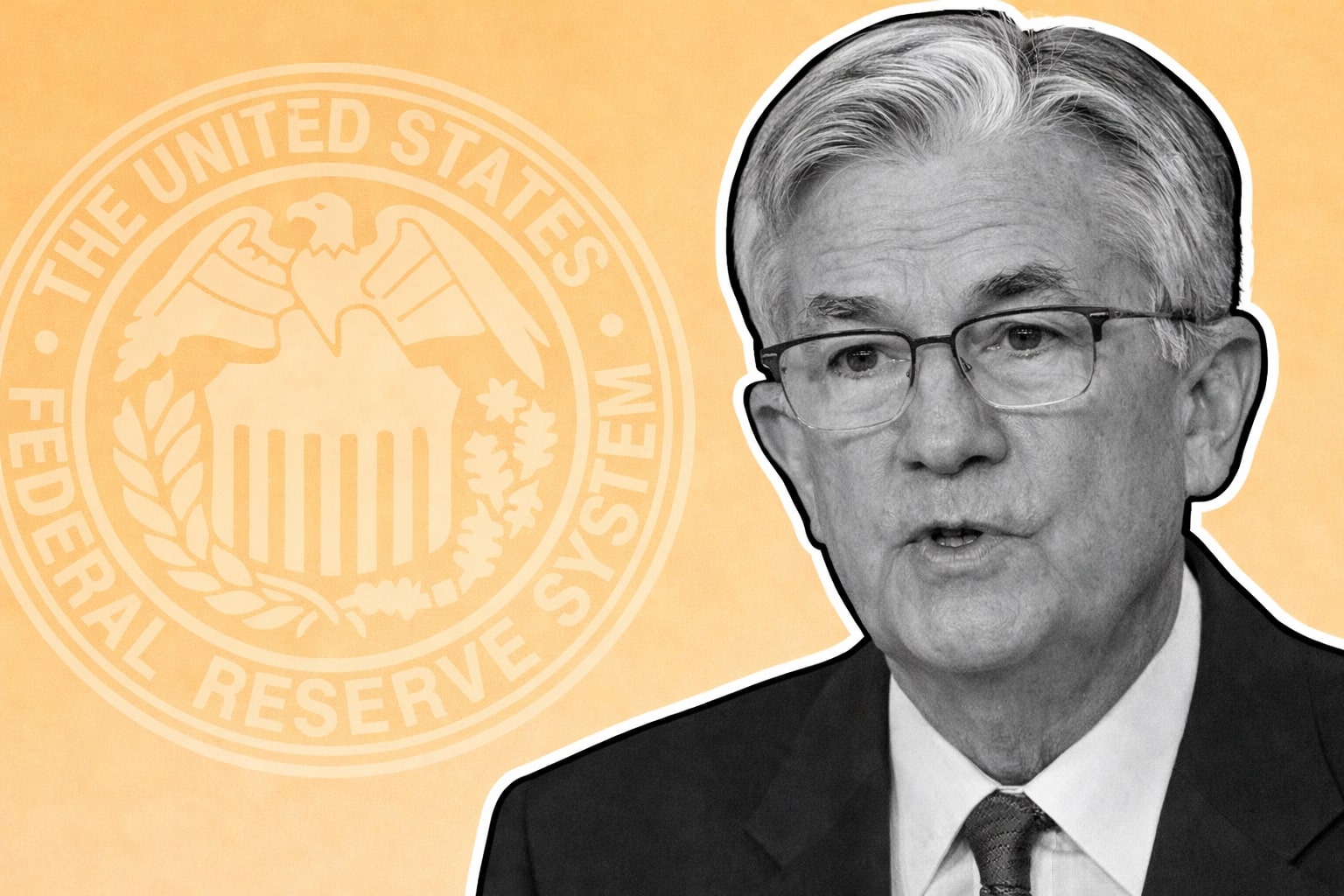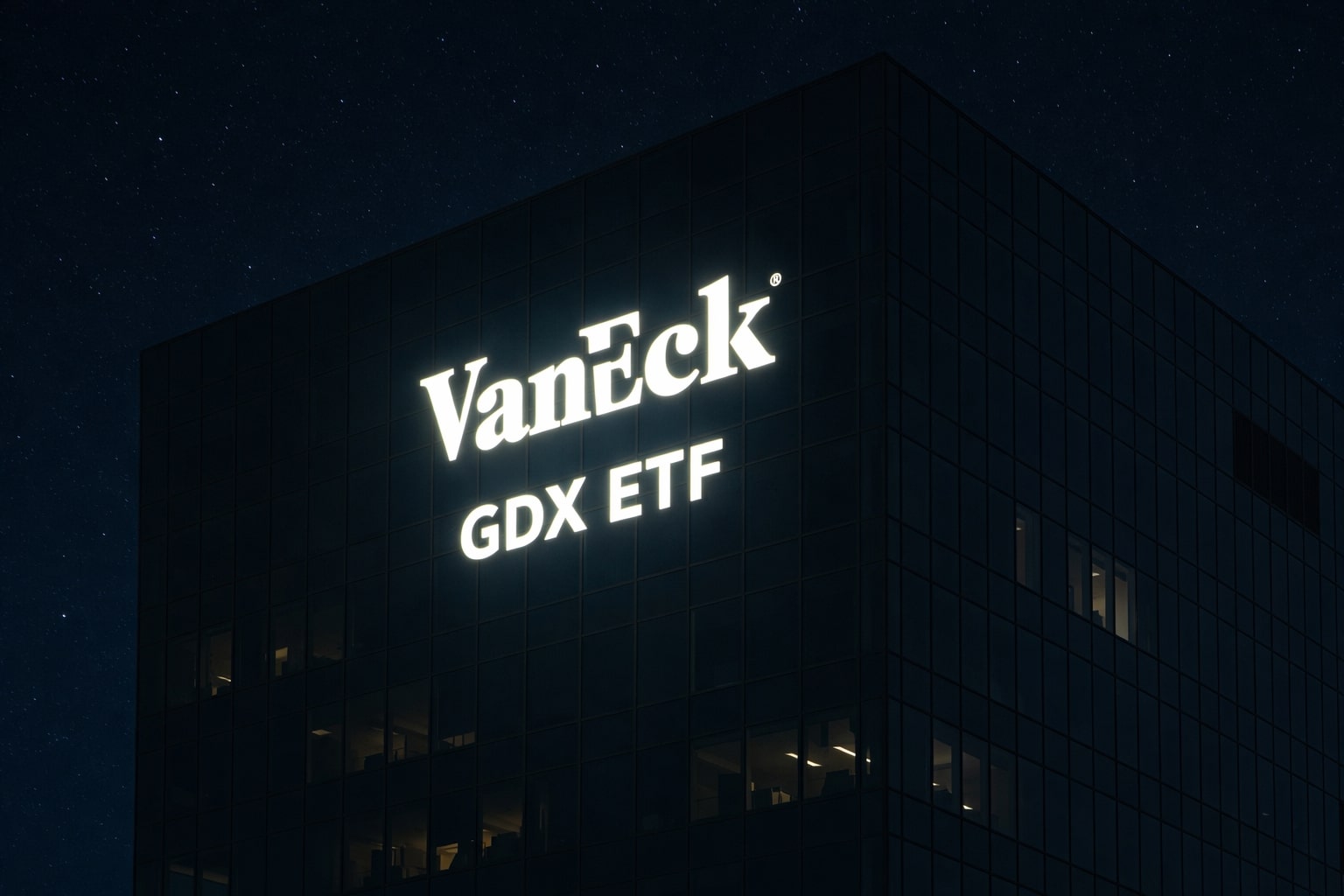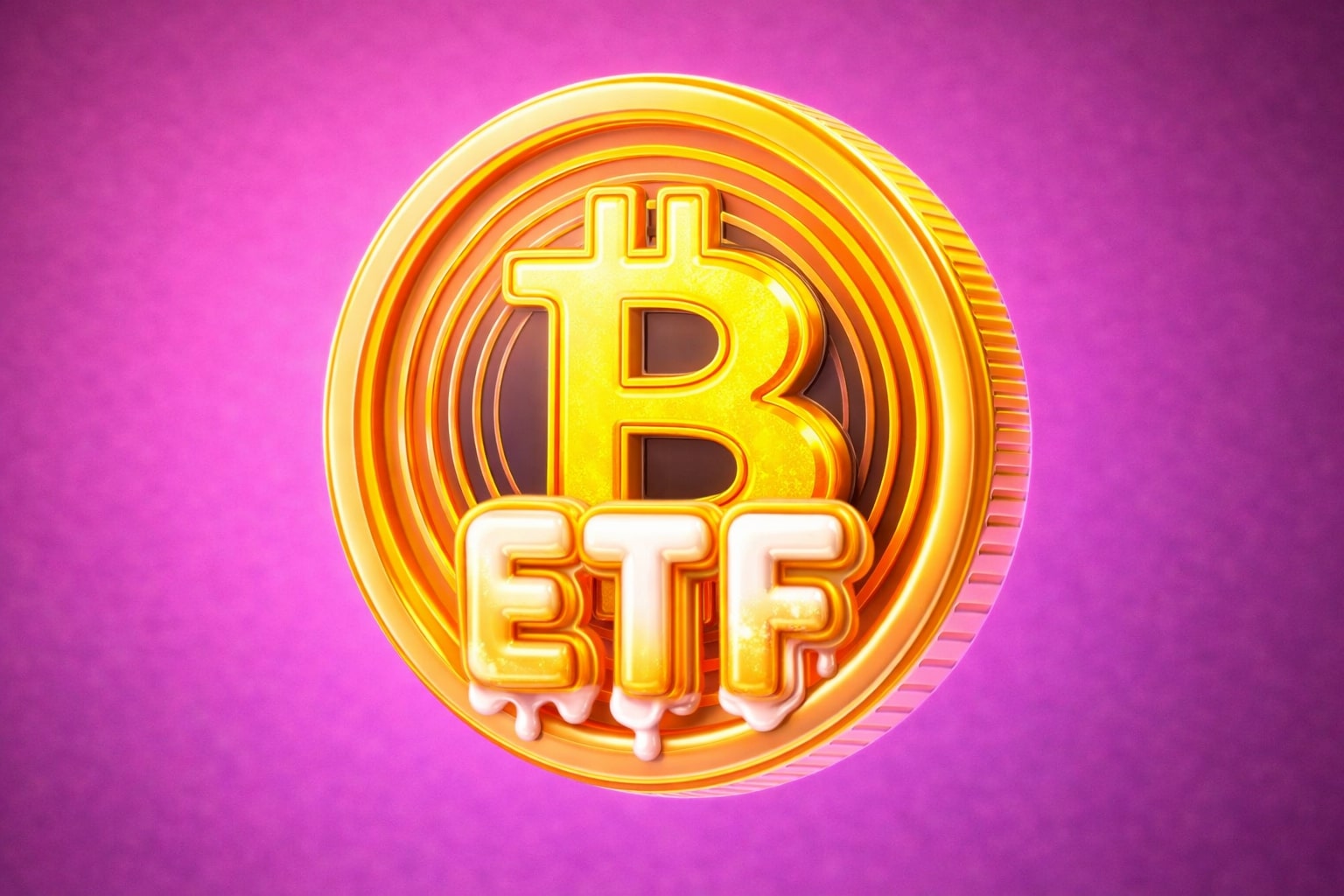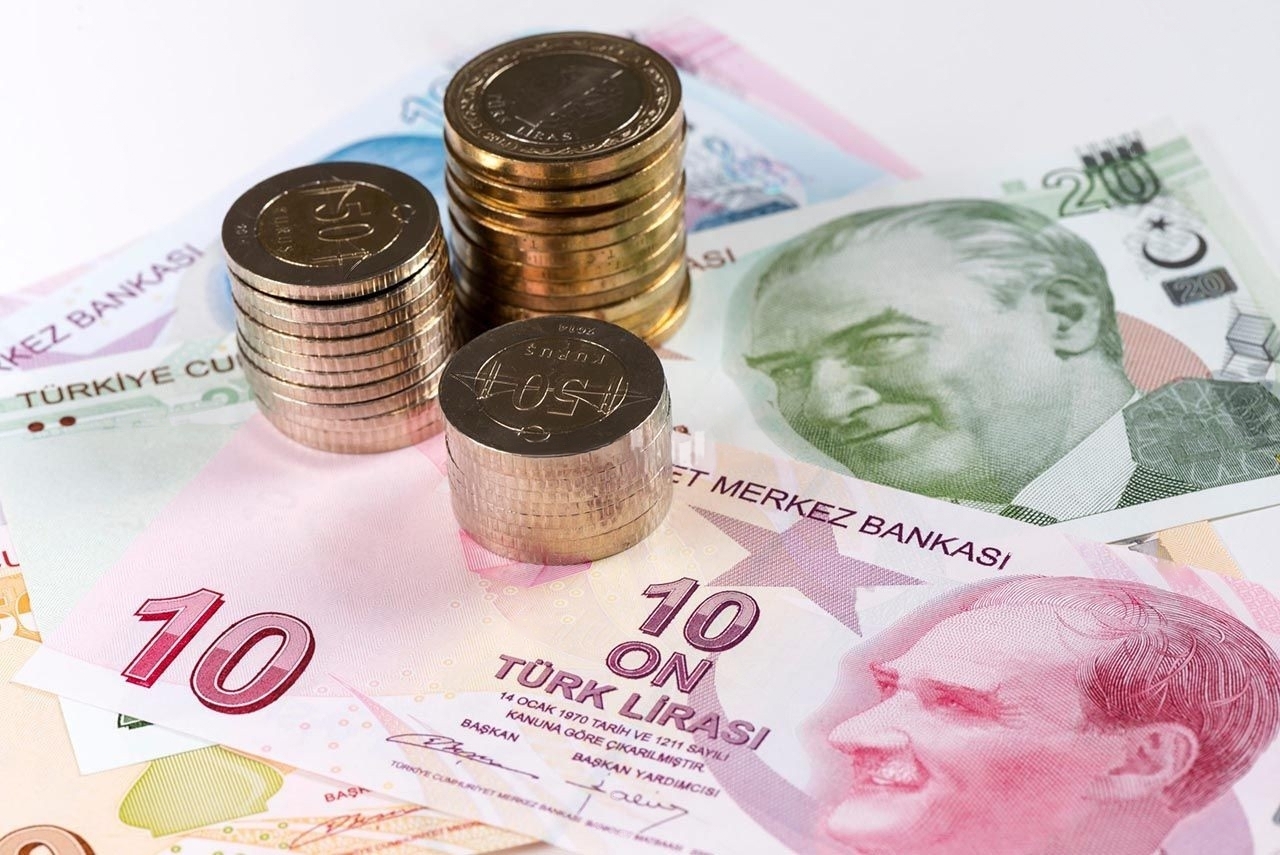
President Erdogan's Election Victory Triggers Lira Plunge: What's Next for Turkey's Economy
Lira's Record Plunge, Market Reactions, and the Lingering Uncertainty in Turkey's Economic Outlook
The Turkish lira has plunged towards a historic low following the reelection of President Recep Tayyip Erdogan in the recent presidential runoff. This extended Erdogan's reign as Turkey's longest-serving leader, a tenure that has increasingly led to an alienation of foreign investors. Erdogan's unconventional stance on interest rates - advocating for lower rates to curb inflation - along with heavy state intervention in markets has resulted in an unpredictable and often detrimental economic climate.
Upon securing his presidential victory, Erdogan promised the formation of a new economic team possessing "international credibility", hinting at a potential shift from his unorthodox policy mix. The unveiling of this new cabinet is anticipated to occur by Friday, according to Turkish officials. However, the imminent announcement did little to bolster the ailing lira, which plummeted 0.5% to 20.0785 against the US dollar, hovering perilously close to a record low.
Market analysts at Wall Street predict further degradation of the currency. Morgan Stanley anticipates a 29% slide towards 28 per dollar by year-end if Erdogan fails to revise his economic course, while Wells Fargo & Co projects the currency to reach 23 by the end of the quarter.
In stark contrast, the equities market witnessed a jump in stocks as investors looked to the appointment of Erdogan's promised economic team. Turkey's benchmark index BIST-100 rose by 4.8% with firms that generate foreign-currency income, such as Sise ve Cam Fabrikalari (a glass manufacturer) and Turkish Airlines, contributing substantially to this surge.
However, investors' optimism is tempered by the sobering reality of Turkey's economic challenges. Since 2013, foreign holdings of Turkish stocks and bonds have shrunk by 85%, equivalent to nearly $130 billion, a consequence of Erdogan's capricious economic policies.
The central bank's efforts to sustain the lira have resulted in the spending of nearly $200 billion over the last eighteen months. Coupled with net foreign-exchange reserves turning negative and inflation skyrocketing above 80% in the previous year before easing to 44% in April, the Turkish economy is teetering on the brink.
Analysts and investors have expressed concern about the sustainability of Erdogan's economic model. Despite the challenges, there are expectations of a potential transition towards more orthodox policies. According to Burak Cetinceker, a money manager at Strateji Portfoy in Istanbul, "Erdogan is probably also aware of that, and a modest transition to an orthodox policy in the near future is likely because otherwise, it is not sustainable. Any signal toward this would be welcomed by the market.”
Erdogan's triumph in the elections comes amid alarming economic imbalances. His win triggered a precipitous drop in international bonds and a rise in costs to insure exposure to Turkish debt via credit default swaps (CDS). The lira has declined more than 7% since the start of the year and lost over 90% of its value over the past decade. Brendan McKenna, Wells Fargo’s Emerging Markets Economist and FX Strategist, voiced his concern about Erdogan's unorthodox monetary and economic policies, stating that the setup is "just not sustainable".
The future of the Turkish economy appears uncertain, with the potential for significant changes hinging on the forthcoming appointments to key economic positions, including the Ministry of Treasury and Finance, and the central bank. This uncertainty combined with the volatility in the currency has led to a bearish sentiment among traders who anticipate that market forces will eventually overpower government controls.
Despite the economic challenges, some optimists see a potential for the Turkish central bank to secure currency reserve swap lines with Middle Eastern countries and China, which may offer some support in the central bank FX intervention. However, without significant policy changes and a realignment towards orthodox economic practices, Turkey's economic landscape remains at risk.
Erdogan's unconventional stance on interest rates and heavy-handed market intervention have led to the ongoing economic difficulties. Critics blame these policies for the country's economic turmoil, marked by boom-and-bust cycles and rampant inflation bouts. A stark contrast to Erdogan's approach, the opposition pledged to reverse these heterodox policies, leading to a sliver of hope in the market that was quickly doused with Erdogan's victory.
However, amid these challenges, there was a noticeable rally in the stock market post-election. The benchmark BIST-100 index rose nearly 5%, and the banking index increased by 4%. This gain was largely driven by local investors as the share of foreign asset managers holding Turkish stocks has dwindled in recent years.
Despite the apparent rally, investment strategist Tunc Satiroglu predicts a short-lived surge, followed by a resumption of the bear market in the coming days. The selling pressure on Turkey's international bonds and the spike in costs to insure exposure to its debt via credit default swaps (CDS) provide evidence of the market's skepticism regarding the possibility of an imminent change in economic policy.
Interestingly, despite the lira's plummet, Barclays noted that Turkey's external financing needs are limited in the coming months, primarily due to an influx of summer tourist dollars and limited payments due until November. Yet, this potential relief might prove insufficient to counterbalance the underlying structural challenges and the deeply embedded pessimism in the market.
Moreover, if the lira continues to plunge, and inflation surges again due to the persistently low-interest-rate policy, Turkey could witness a similar "flight to safety" allocation to Turkish equities by local investors, similar to what occurred in 2022, according to MarketVector’s CEO Steven Schoenfeld.
Turkey's economic future remains uncertain, heavily contingent upon the potential policy shifts that Erdogan's new cabinet might bring. The possibility of economic reform, though seemingly remote at present, is eagerly awaited by the market. It is worth noting, however, that the optimism might be tinged with cautious skepticism, given the country's economic history under Erdogan's rule.
Yet, in the midst of these complex economic challenges and the bleak outlook, Wells Fargo's Brendan McKenna identified a possible bright spot - the Turkish central bank's ability to secure currency reserve swap lines with countries in the Middle East and China. He noted, "If they can continue to draw on those lines and possibly extend and enhance those reserve currency lines, maybe there’s some support in the central bank FX intervention." Yet, this is a tentative hope at best, with many analysts and investors maintaining a guarded outlook on Turkey's economic future.
Read More
-
GDX ETF at $88 While Gold Tests $4,400: Are Gold Miners Poised for $100?
19.12.2025 · TradingNEWS ArchiveStocks
-
XRP ETF Boom: XRPI at $10.94 and XRPR at $15.49 as XRP-USD Clings to the $1.80–$1.90 Zone
19.12.2025 · TradingNEWS ArchiveCrypto
-
Natural Gas Price Forecast: NG=F Hovering Near $3.92 As Weather, LNG And Storage Collide
19.12.2025 · TradingNEWS ArchiveCommodities
-
USD/JPY Price Forecast - Dollar to Yen Near 157 as BoJ’s 0.75% Rate Hike Backfires on the Yen
19.12.2025 · TradingNEWS ArchiveForex















